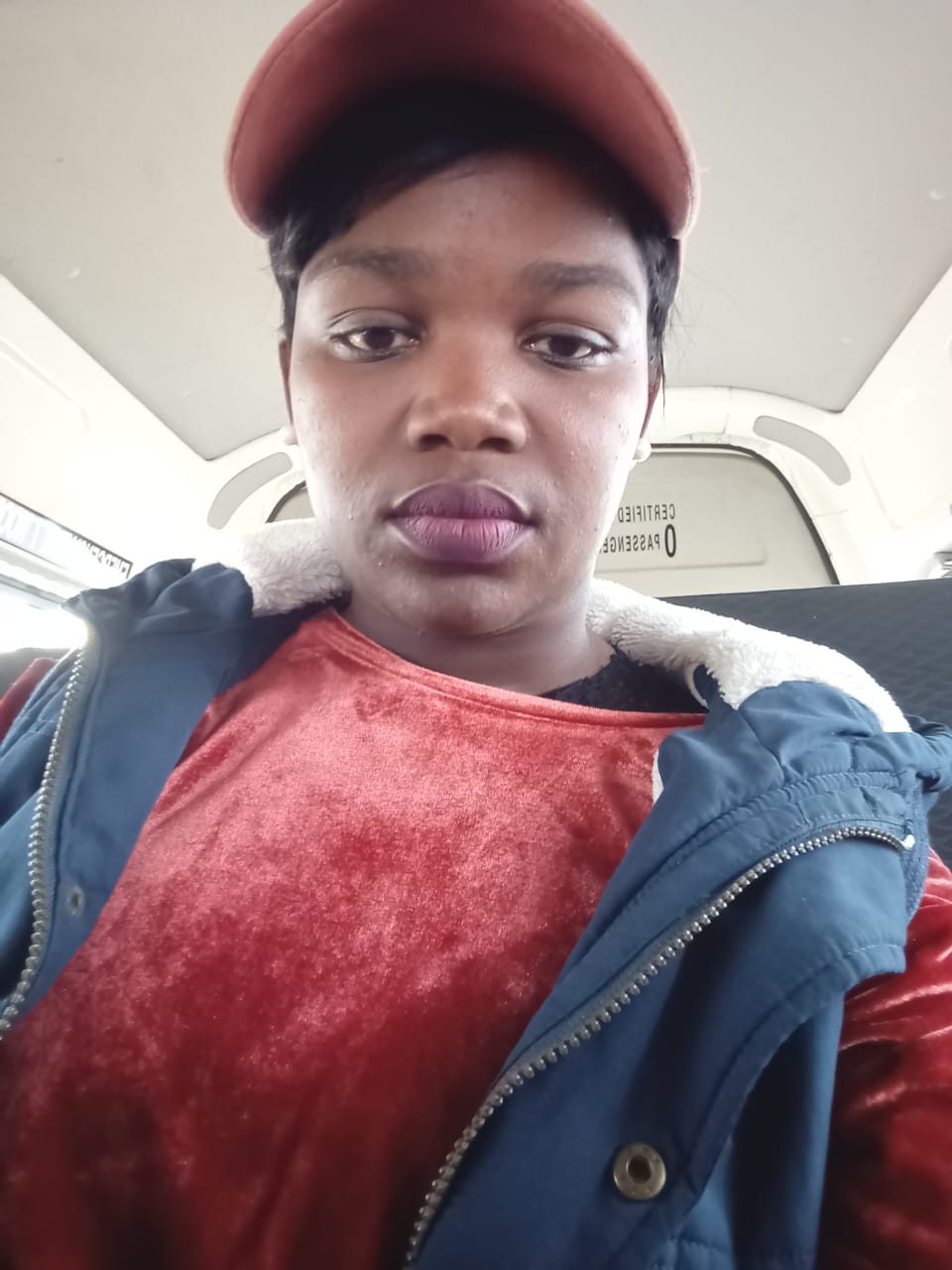Day two of the Khanya College’s Winter School 2023 introduced the participants to community organising through the Flint Water Crisis case study. The water crisis is a public health catastrophe that started in 2014 after the water for the city of Flint, Michigan, United States was contaminated with lead.
The issue of water is a crisis faced by many communities globally, including South Africa. Recently there has been an outbreak of cholera in Hammanskraal and is spreading across the country. Many communities have been struggling with access to clean water. In Flint, tens of thousands of kids and adults experienced elevated blood lead levels during that time, which increased their risk of mental illness, cognitive decline, and other health issues.
The participants in the school were divided into sectoral groups, namely, labour, environment, child support (orphan and vulnerable children), community health, and youth. The groups read an article by Bishop Bernabel Jefferson who formed part of the community organisers in Flint. The article reports on a water crisis that happened in the town of Flint. A video clip detailing the water crisis in Flint was also played for participants to get a better understanding of how the community, in particular women in Flint organised and responded to the water crisis.
The crisis highlighted the political, ethical, and societal oppression of the working class as a result of neoliberalism. It also demonstrated to the participants the importance of community organising at the grassroots level especially when holding government accountable in a democratic country.
The activists also looked at ways in which the poor working class of Flint approached the problem to resolve it. Some important highlights were awareness raising, mobilisation of community members and marches, as well as legal action. Flint working-class people also confronted a government official about the situation, which has since been revealed to have been rooted in neo-liberal government cuts on social spending.
Flint is a practical example of how civil society, community members, activists and organisations can work together to bring about justice and social change. This was shown through the constituencies’ ability to force the government to take accountability. They were also legally prepared to gain an understanding of the laws, legal authority, and an ability to use the law effectively by working across law courts.
The participants at the school reflected on Flint’s three moments of social change and self-introspected on how the current water crisis happening in the represented six provinces across South Africa is affecting them in their respective sectors. In the second segment of the session, activists looked at their communities and their struggles with water. The water-related challenges that activists identified in the different communities they come included, “unmaintained infrastructure”, saying that led to faulty metre readings in some cases.
Nokuthula Mamana (32) from Zwide in Gqeberha, Eastern Cape, told the school that “for a day, you will get 50 litres (of water). In other areas, you get a time window for water availability. If there is a water truck the water finishes at a point during the day.”
“In my area, we have unannounced water cuts that bring so many inconveniences to households and residents, we sometimes cannot cook, do laundry, or get proper sanitation. and when the local municipality brings water tanks they never announce when or where they will be providing the water to our communities. This causes chaos and forces people to constantly be on the lookout for the trucks. Sometimes they never have enough water for everyone, we report these things to the ward committees who work with our ward Councillor, but he never helps. I was surprised to learn about the challenges that other people are facing, now after knowing about Flint and I can advocate for water justice in my activism as it is a human right.” Said Janice Augus from The New Bronville Organisation.
This article was submitted as part of the Imbila Yesu publication produced daily for the duration of the Winter School in 2023 (23-28 July 2023). It appeared in Edition No. 3, released on 26 July 2023. You may republish this article, so long as you credit the author and Karibu! Online (www.Karibu.org.za), and do not change the text. Please include a link back to the original article.


 Download PDF
Download PDF
